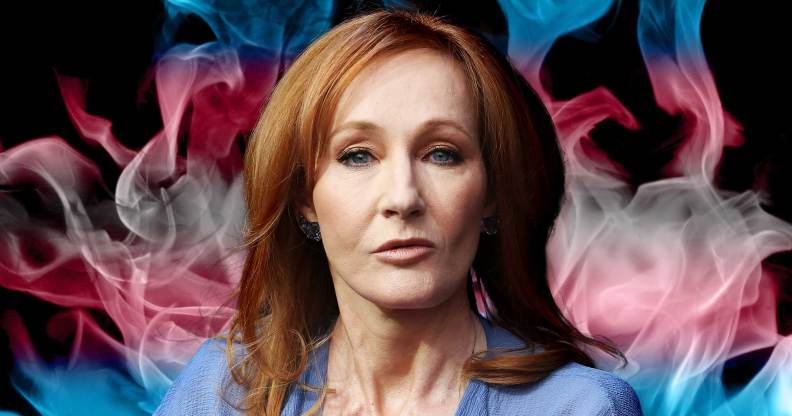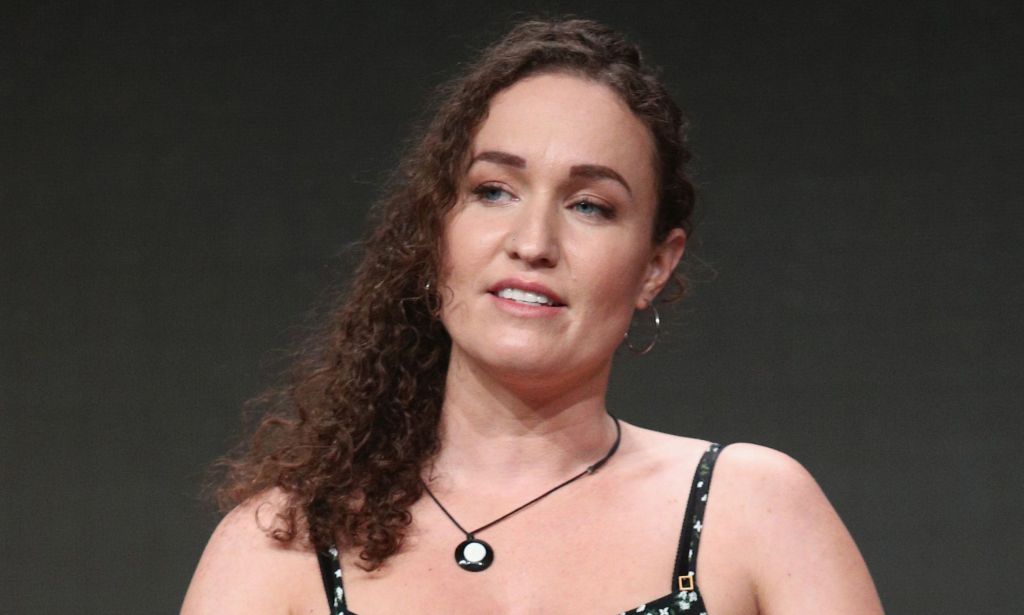JK Rowling claims she ‘never set out to upset anyone’ with views on trans people

In the past, JK Rowling stated that she would prefer ‘two years’ in jail over using a trans person’s correct pronouns. (Getty)
JK Rowling has said in a podcast, hosted by a former member of the Westboro Baptist Church, she didn’t mean to upset anyone with her anti-trans views and insists she has been “profoundly” misunderstood.
In a new podcast, The Witch Trials of J.K. Rowling, the author will address her stance on transgender people in conversation with former member of the Westboro Baptist Church, Megan Phelps-Roper.
Rowling tries to explain her controversial views on trans people in a new trailer for the podcast, saying any perception of transphobia is down to a misunderstanding.
“I never set out to upset anyone,” she says. “However, I was not uncomfortable with getting off my pedestal.
“What has interested me in recent years, particularly on social media [is when fans say], ‘You’ve ruined your legacy. Oh, you could have been beloved forever, but you chose to say this.’
“And I think: ‘You could not have misunderstood me more profoundly,'” she adds.
Hosted by Free Press – an independent media company founded by Bari Weis, known for writing columns about ‘woke culture’ and gender issues – Rowling is set to take centre stage to talk about trans people, during a conversation between two cisgender women.
Megan Phelps-Roper was a member of the Westboro Baptist Church for 26 years before leaving in 2012 due to finding doubts in her belief system.
It’s considered one of the most hateful groups in the US, to the point of infamy, being known for its blatant homophobia, transphobia, antisemitism, Islamophobia and more.
It’s perhaps best known for its followers’ “God hates fags” banners, which have been used at anti-LGBTQ+ protests across the US for many years.

Promoting the podcast Phelps-Roper described Rowling as a “kind of saint” – a reference which has been criticised heavily by pro-trans groups.
“JK Rowling is arguably the most successful author in the history of publishing, with the possible exception of God,” Phelps-Roper wrote in a Tuesday (14 February) post.
“And Harry Potter was a kind of bible for my generation.”
She explained she felt like the best person to interview Rowling about the controversy, claiming she knew what it was like “to be an object of intense hatred”.
How did this story make you feel?

